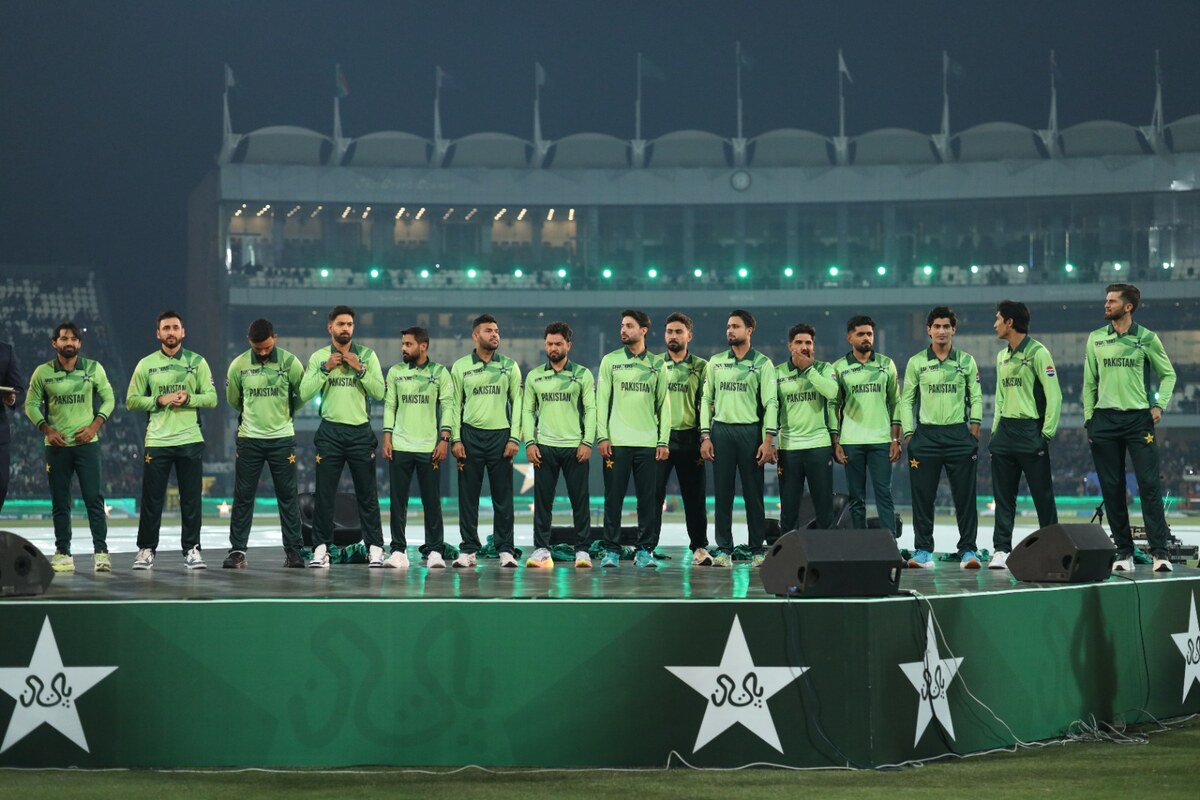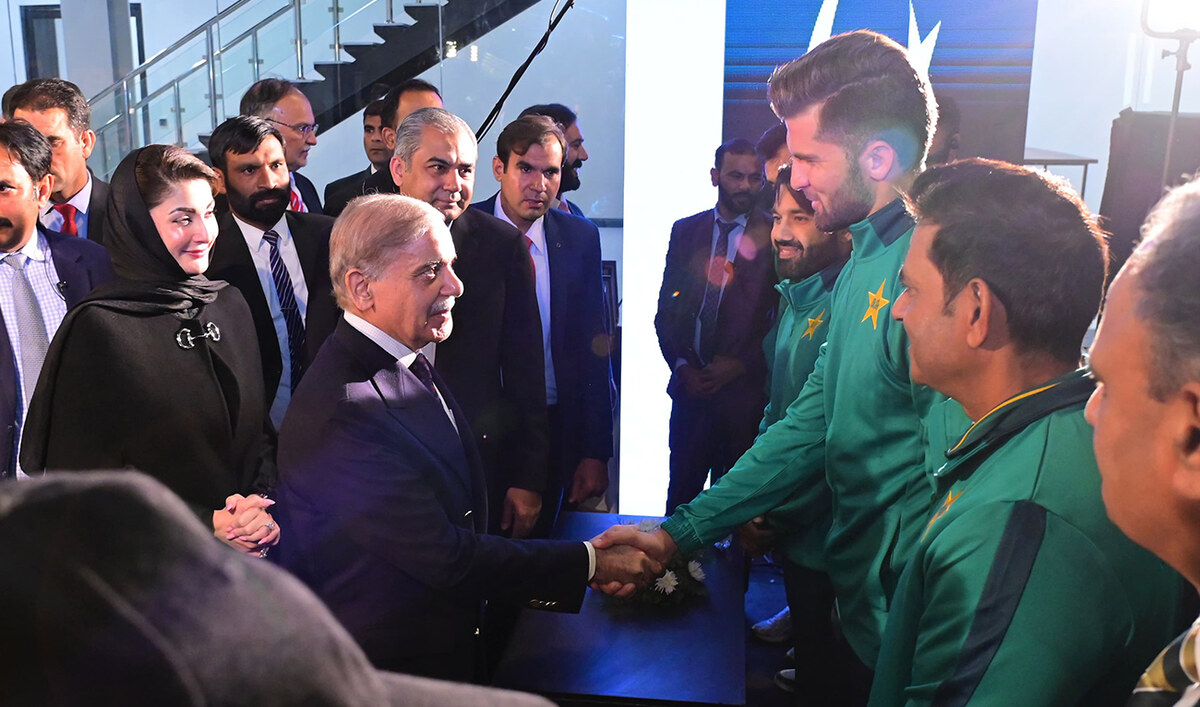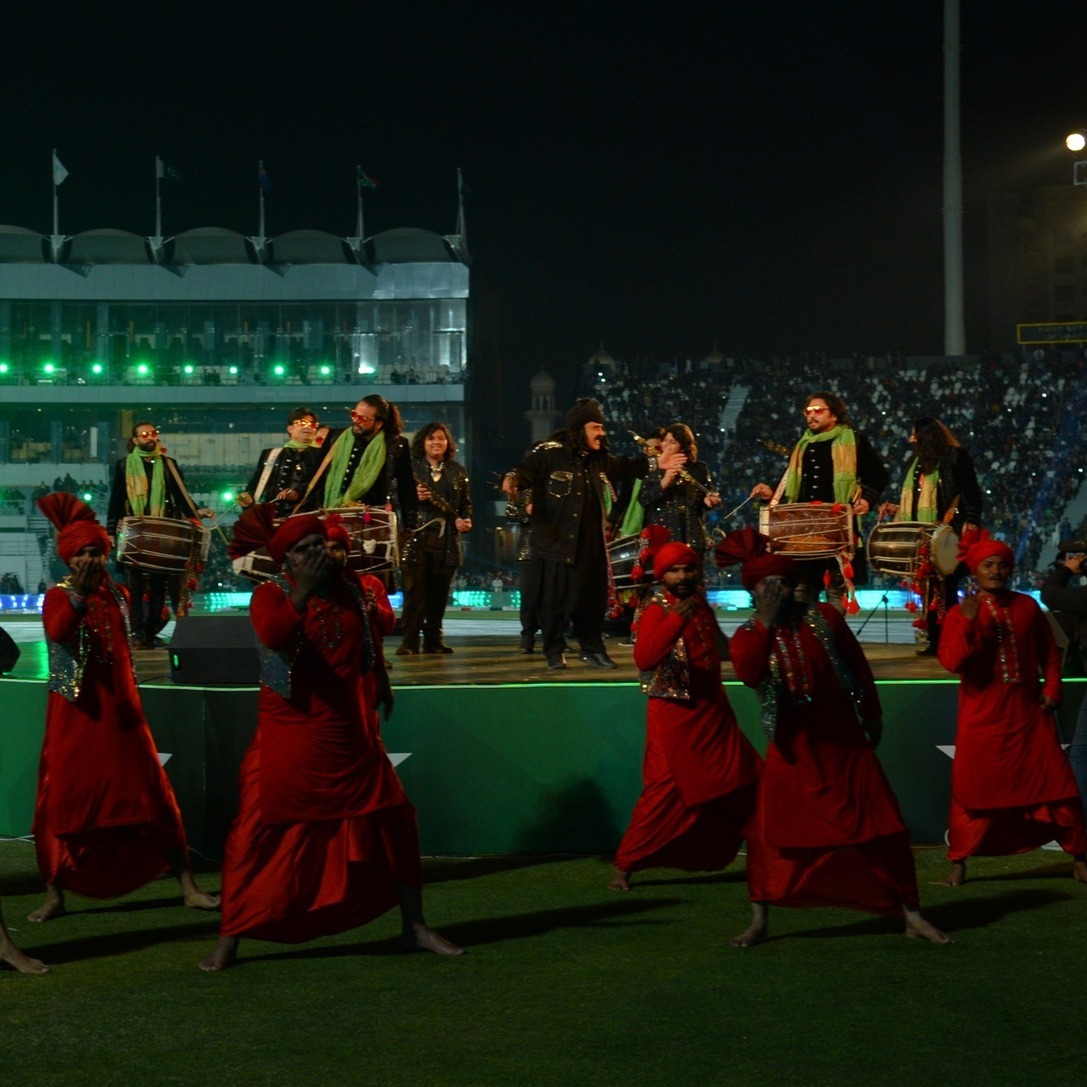ISLAMABAD: Aban Marker Kabraji, an adviser for the United Nations Environment Program (UNEP), said on Friday climate change was a “national security issue” for Pakistan, urging the nation’s all-powerful military to consider it “one of the most important issues” it needed to address.
Armies are huge energy users and have a significant contribution on climate change as military activities, including aircraft operations, naval vessels, and land vehicle usage, burn large amounts of fossil fuels, leading to substantial greenhouse gas emissions. Large-scale training exercises also often involve heavy vehicle usage, contributing to emissions.
Global experts have for years called for military emission reduction targets to be included in national climate strategies. According to a University of Birmingham study in 2021, it has been estimated that 20 percent of all environmental degradation globally is due to military-related activities.
The Global Climate Risk Index says Pakistan is among the countries most at risk from climate change. Extreme weather events like floods, droughts, cyclones, torrential rainstorms and heatwaves have been occurring more frequently and with greater intensity across Pakistan in recent years.
“I think it [climate change] has turned into one [national security issue],” Kabraji told Arab News on the sidelines of the Breathe Pakistan Climate Conference in Islamabad when asked about the role of the Pakistan army in mitigating climate change effects.
“Specifically, just to look at it from the military perspective, from a security point of view, it [climate change] is one of the greatest threats to Pakistan’s existence. Because from climate impact comes social disruption, migration, environmental climate refugees, which basically undermines the stability of a country. So it becomes a very high security concern for anybody who is interested and committed to the long term stability of the state … for anybody in charge of ensuring the security of Pakistan, climate is one of the most important issues to look at.”
Experts say climate change can directly affect military infrastructure such as coastal bases threatened by rising sea levels or training grounds impacted by extreme weather events. Climate change can also create new security challenges in regions affected by extreme weather events like rising sea levels, floods and droughts.
For all these reasons and more, climate change had the potential to “destabilize the state,” Kabraji added, thus making it a “national security issue.”
“Whether it is spoken about in those terms [of national security] as explicitly as you say, perhaps not, but I think it is recognized increasingly [by the military],” she said.
GLOBAL CLIMATE PLEDGES
International donors in January 2023 committed over $9 billion to help Pakistan recover from ruinous floods a year earlier, exceeding its external financing goals. Officials from some 40 countries as well as private donors and international financial institutions gathered at a meeting in Geneva as Islamabad sought funds to cover around half of a recovery bill amounting to $16.3 billion.
Among the donors were the Islamic Development Bank ($4.2 bln), the World Bank ($2 bln), Saudi Arabia ($1 bln), as well as the European Union and China. France and the United States also made contributions.
Commenting on the pledges, Kabraji said the “promised amounts” had not reached the country.
“The intent might have been there and at that time they may have had the budget, but circumstances change,” she said, adding that the Ukraine or Gaza wars and the US election could alter the dynamics entirely and urging Pakistan to set up local agencies to secure financial support to combat climate change.
CLIMATE FOOTPRINT OF CHINESE INVESTMENTS
The UN adviser also commented on the carbon footprint and climate change impacts of China’s massive infrastructure, energy and other investment projects in Pakistan, saying no study had as yet been carried out in this regard.
“It certainly is something the government needs to look at from the point of view of the old ways of doing infrastructure and the new ways that would need to be adapted to what climate impact is all about,” Kabraji said.
But China opened up opportunities for Pakistan as a world leader in energy efficiency technology, particularly in the realm of renewable energy like solar panels and electric vehicles, being the globe’s largest producer and exporter in these sectors.
“Rather than looking at the impact, just look at what the opportunities are because China can bring in the best technologies [to Pakistan] in terms of infrastructure investment and adaptation to climate change,” Kabraji said.

























